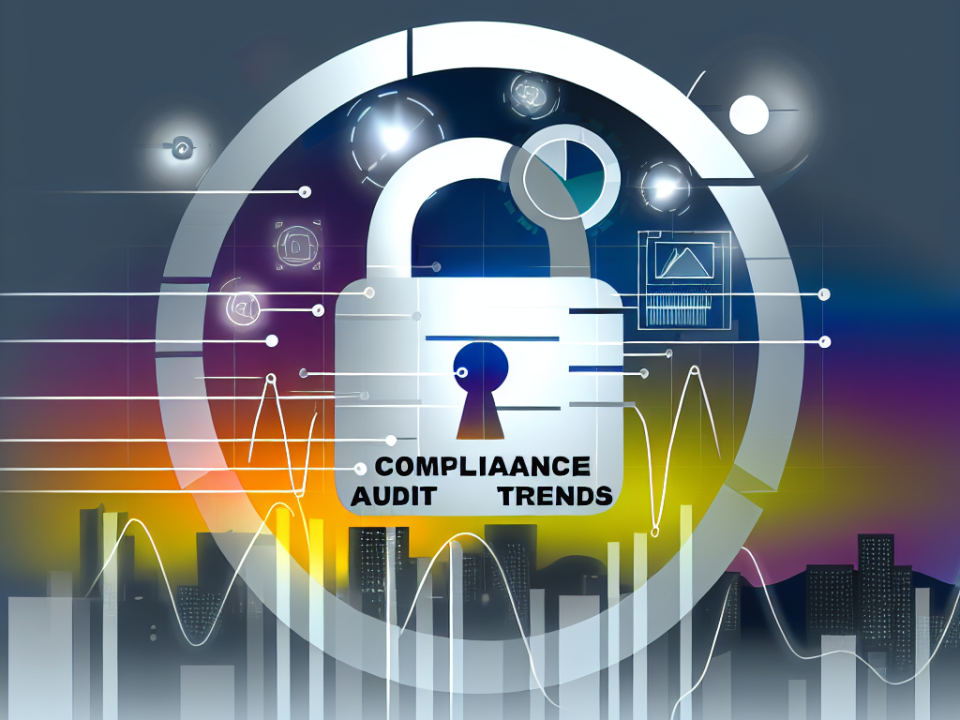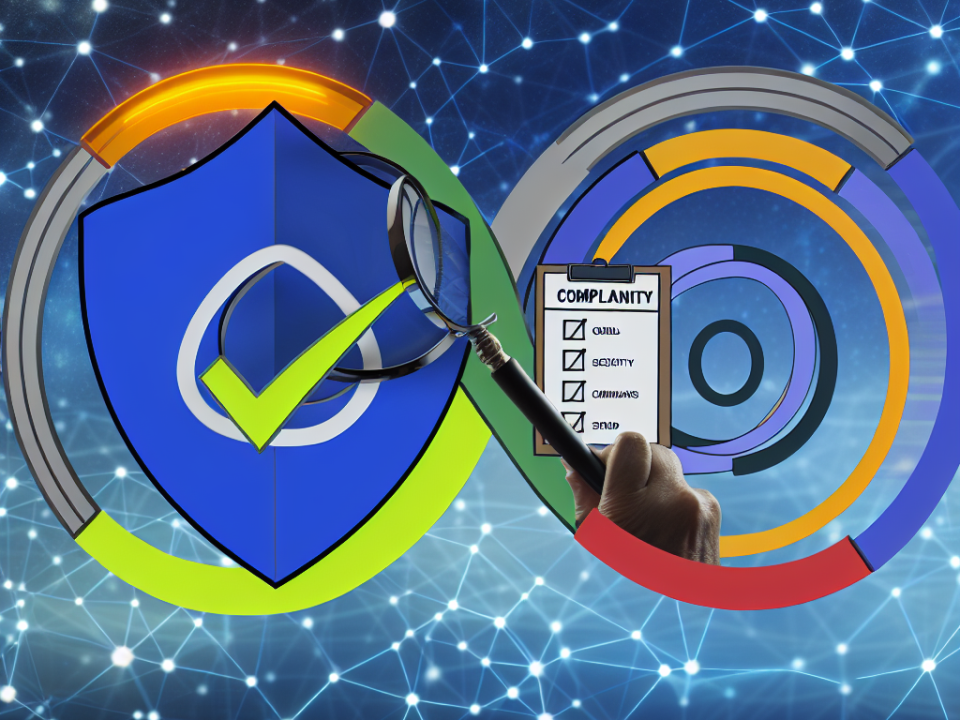
Navigating the Landscape of Security Compliance: A Guide for Modern Enterprises
June 4, 2025
Top Security Compliance Standards Every Organization Must Adhere To
June 4, 2025
In the rapidly evolving digital landscape, the importance of robust security compliance standards cannot be overstated. With businesses increasingly relying on digital platforms to operate, the risk of cyber threats has escalated dramatically. Security compliance standards provide a framework that organizations can leverage to protect sensitive data, ensure operational integrity, and build trust with stakeholders. Here’s a closer look at why these standards are vital in today’s digital age.
Understanding Security Compliance Standards
Security compliance standards are guidelines and regulations established to ensure that organizations manage and protect their sensitive information effectively. These standards can be set by governmental bodies, industry sectors, or international organizations, such as the General Data Protection Regulation (GDPR) in Europe, the Health Insurance Portability and Accountability Act (HIPAA) in the United States, and the Payment Card Industry Data Security Standard (PCI DSS).
The Rise of Cyber Threats
The digital age has brought unparalleled convenience and connectivity, but it has also given rise to significant security challenges. Cyber attacks have become more sophisticated, targeting businesses of all sizes. Reports indicate a steady increase in data breaches, ransomware attacks, and identity theft, leading to devastating financial and reputational consequences for organizations. One significant breach can compromise customer data, incur legal penalties, and damage brand credibility, highlighting the necessity for stringent security compliance.
Building Trust and Reputation
In an era where data is akin to currency, maintaining customer trust is paramount. Adhering to recognized security compliance standards demonstrates a commitment to safeguarding customer information. Organizations that prioritize compliance display transparency and accountability, fostering a strong relationship with customers and partners. This trust translates into customer loyalty and can differentiate an organization in a competitive marketplace.
Regulatory Requirements and Legal Ramifications
Compliance with security standards is not just good practice; it is often a legal requirement. Governments enact laws to ensure that organizations handle sensitive information responsibly. Failing to comply can result in hefty fines, legal actions, and even the possibility of imprisonment for executives in severe cases. By adhering to compliance standards, organizations mitigate legal risks and protect their assets.
Enhancing Operational Efficiency
Implementing security compliance standards often leads to enhanced operational processes. The guidelines necessitate the development of protocols, which can streamline operations and improve overall efficiency. Moreover, a compliance framework promotes a culture of security awareness among employees, emphasizing the importance of safeguarding data and systems. This proactive approach not only reduces the likelihood of breaches but fosters a collaborative environment focused on continuous improvement.
Proactive Risk Management
Organizations that embrace security compliance standards empower themselves to identify and manage risks proactively. Regular audits and assessments are integral to compliance, enabling organizations to uncover vulnerabilities before they can be exploited. This proactive stance is crucial in today’s threat landscape, where the speed at which cyber threats evolve is rapid. By staying ahead of potential risks, organizations can adapt and respond effectively, minimizing damage and ensuring continuity.
Conclusion: A Necessity, Not a Choice
In conclusion, security compliance standards play a fundamental role in safeguarding sensitive information, maintaining regulatory compliance, and fostering trust in today’s digital age. As cyber threats become increasingly complex, organizations must prioritize security compliance as an integral component of their strategic framework. Investing in compliance is not just about adhering to regulations; it’s about embracing a mindset of security that protects the organization and its stakeholders. In a world where data breaches can have irreversible consequences, adopting rigorous security compliance standards is not just a choice — it has become a necessity.







